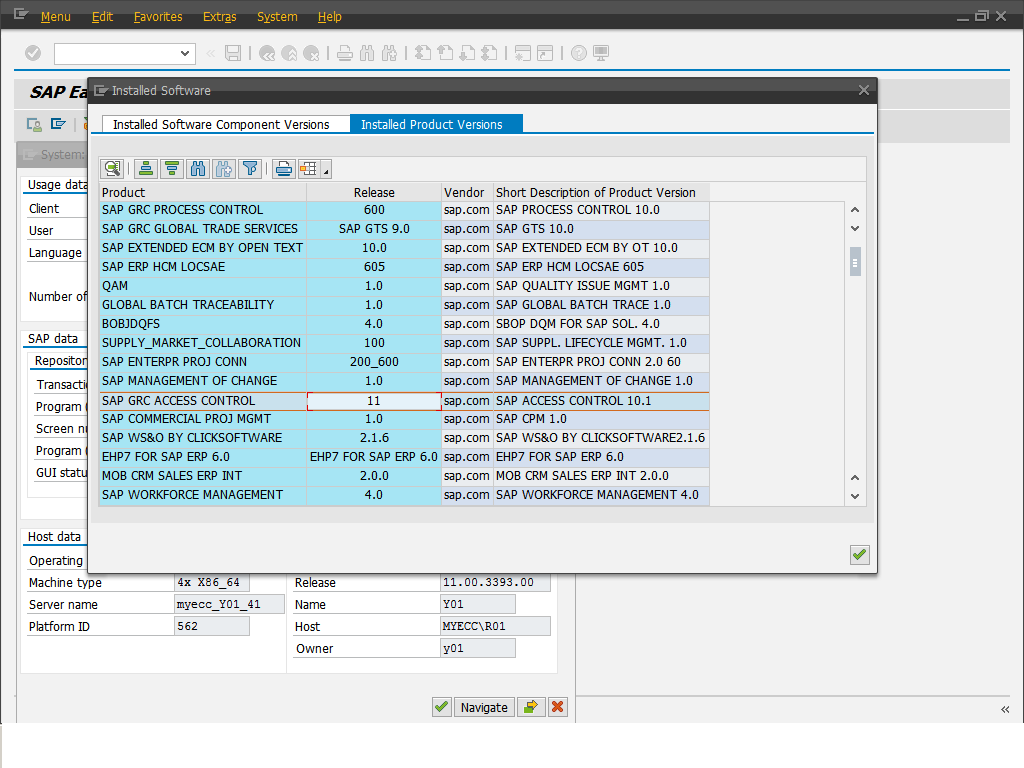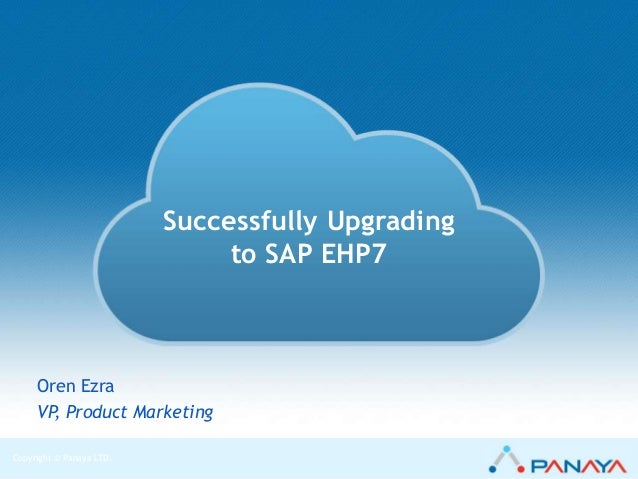

Select the ‘Use Windows Built-in Account’ option for the “Oracle Home User Selection” screen.Select the ‘Enterprise Edition’ option.Add any additional languages I’m sticking with English.Select the ‘Single Instance database installation’ option.Select the ‘Install database software only’ option (the SAP installer will create the database).

It will question your decision just stay strong and remain uniformed. I opted to leave the email address blank and uncheck the “I wish to receive security updates…” checkbox. After extracting the package (package 51047709), you can find the installer inside the ‘database’ sub-folder. So instead I opted to use Oracle 12.1 (database and client), also available from SAP’s site. As noted in Part 1, I had issues when I attempted to use Oracle 11g. I’m not going to cover each single step in detail:

I ultimately decide to use ORACLE 12.1 (a.k.a. However, I ran into some compatibility messages when doing the SAP install. If you check out the packages you downloaded from SAP, you’ll notice that it calls for ORACLE 11.2 RDBMS. Now that our VM is configured, it’s time to put some meat on the bones.


 0 kommentar(er)
0 kommentar(er)
